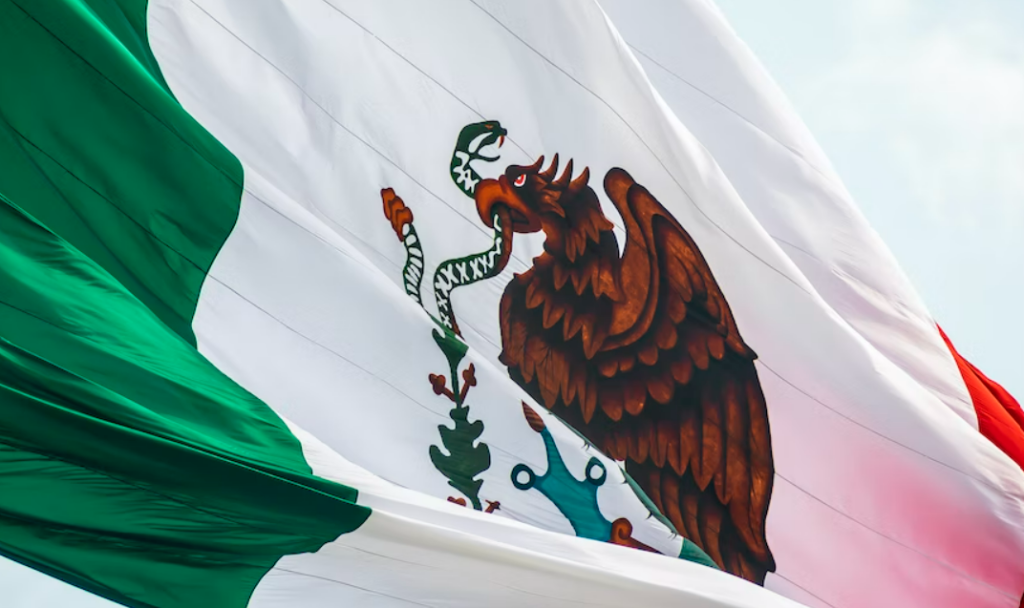


| Mexican democracy is at a crossroads. In the center stage of the current dynamic and challenging times lies the Mexican Constitution, one of the oldest and most amended in the world. Enacted in 1917, it was the product of a social revolution. During its long life, the Mexican Constitution was functional for the long period of authoritarian hegemonic-party regime, but it was also key in the protracted transition to democracy. The constitution is now the locus of acute tensions between legitimate demands for inclusion, social and economic, and the stability of the rules for accessing and exercising political power. The destination of Mexican democracy is uncertain, but the patterns and ways of more than a hundred years of constitutional change reveal surprising clues. CLE credit will be offered for the event. |
Speakers

Executive Director | Center for Constitutional Design
Foundation Professor of Law and Political Science | Sandra Day O’Connor College of Law

Associate Professor at the Department of Law at ITAM in Mexico City. Fellow at the Wilson Center, in Washington.


Member of the UNAM academic staff since 1982 as a researcher at the Legal Research Institute (1982-2012). Currently a Career Professor at the Faculty of Law in the Graduate Studies Division